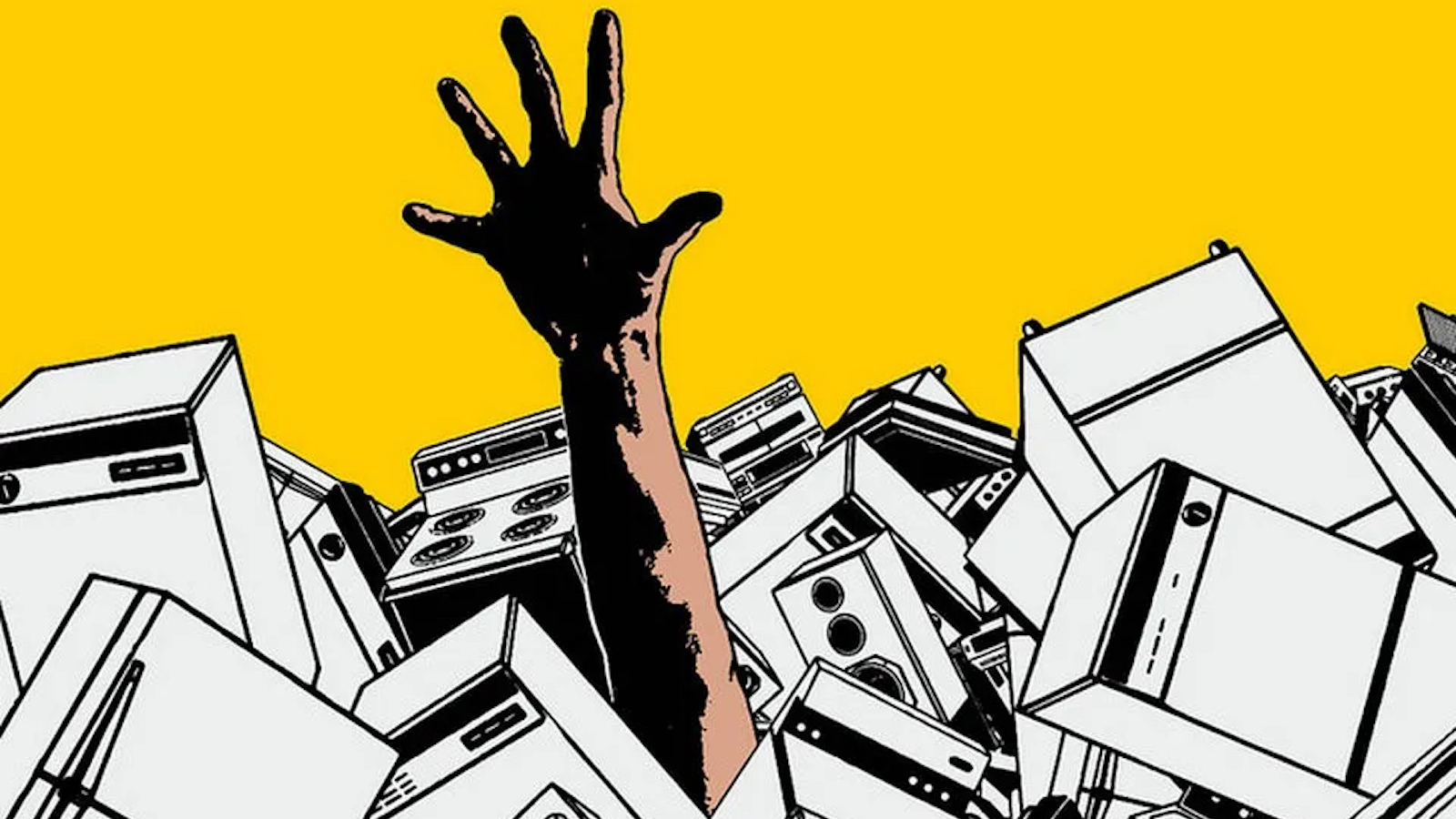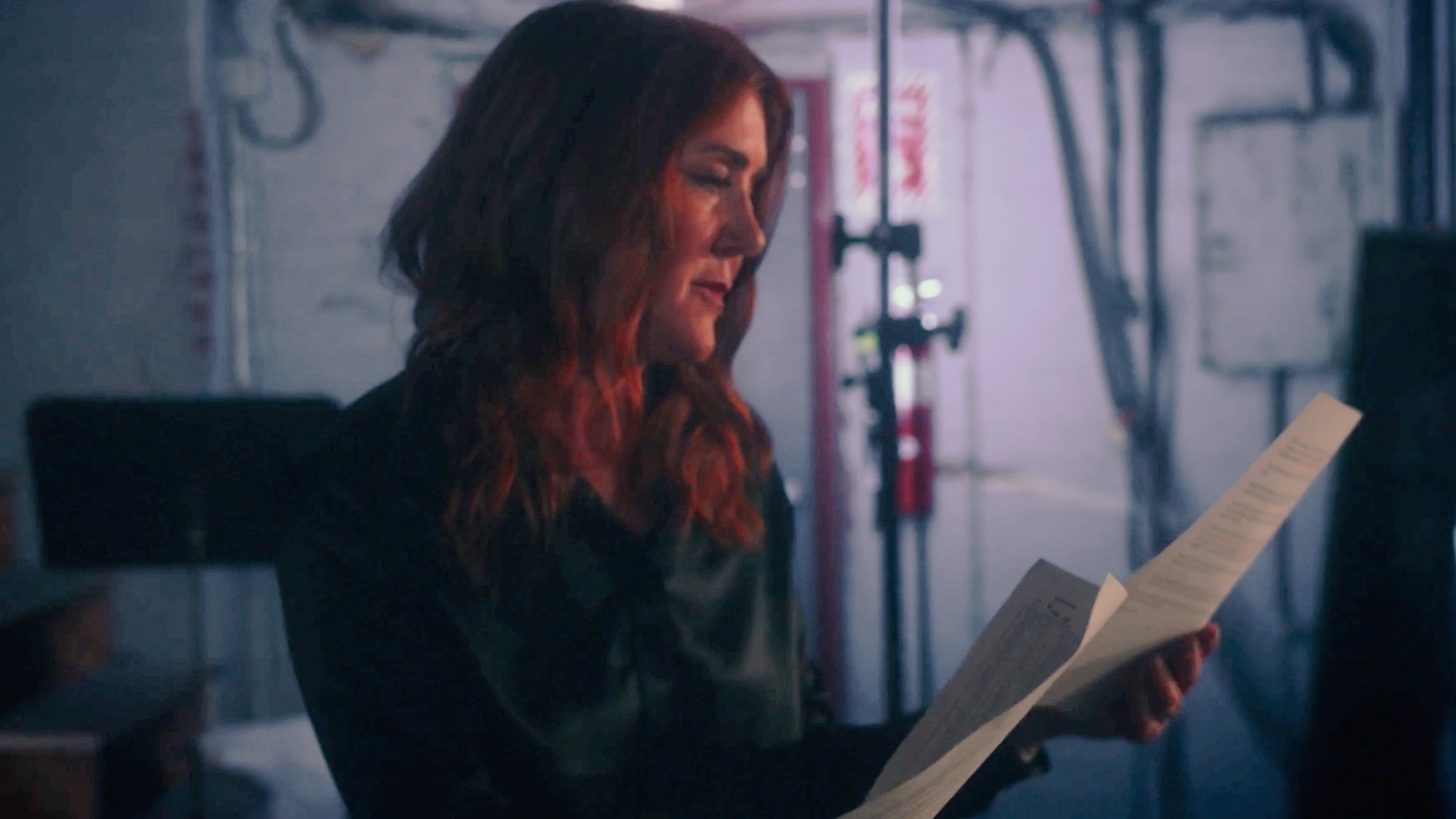
Why So Serious?
To take seriously, or not take seriously, that is the question.
Hamlet’s dodgy tergiversation is an apt reflection of today’s millennials. The would-be-king’s inability to confront his father’s murderer and accept his royal and filial responsibilities is emblematic of the extended adolescence of America’s largest age group. That’s the contention of Katherine Boyle, who, in a piece for the Free Press, says millennials need to ditch the $22 avocado toast and experiential European vacays and “get serious.” In Boyle’s estimation, America is stagnating because too many up-and-comers are sitting on the sidelines, too immature and underconfident to seize their birthright. “The tens of millions of Americans that are, like me, millennials or members of the generation just younger, Gen Z, have been treated as hapless children our entire lives,” she writes. What has this “coddling of the American mind,” to borrow Jonathan Haidt’s terminology, wrought for the first online generation? Like the internet itself, millennials lack for tangible goods. When it comes to the three Ms of adulthood—marriage, mortgage, munchkins—millennials are pokey compared to their parents. Worse, nearly one in five still sleeps in mom’s basement—whether or not they contribute to house chores like curbside trash delivery isn’t measured by Pew.
Most modern-day observers would be too epistemologically humble to compare millennials to the Founding Fathers. (Therapeutic TikTok explainers versus quill-and-parchment parliament disquisitions? C’mon now.) But Boyle, being oh-so-serious, isn’t. “Every Independence Day, we’re reminded that on July 4, 1776, the most famous founders of this country were in their early 20s (Alexander Hamilton, Aaron Burr) and early 30s (Thomas Jefferson). Even grandfatherly George Washington was a mere 44,” she recounts.
Oh, you pay $10 a month for Netflix but still haven’t founded your own country based on the Roman Corpus Juris Civilis? What are you even doing with your life, man-child? Damn the American hikikomori! Put down the “Call of Duty” and petition your king over tea-tax grievances!
(As a fellow under-40er, I’m unsure what Independence Day Boyle is celebrating. If we even hear about the Founders on the Fourth, we aren’t reminded of their history-molding genius but their slaveholding and white-supremacist views.)
Millennials aren’t just held back by their own infantile inadequacies, Boyle argues, but they also have been handed spare keys, rather than the whole ring. Older generations have clutched tightly to their power positions, leaving little room for the young to assume the helm. Boyle says the “Boomer ascendancy” has left a “languishing generation waiting in the wings.” Despite its rough-and-tumble beginnings, America has matured into a “gerontocracy.” The heads of all major industries, absent Big Tech, were born before the advent of car phones. The average CEO of a S&P 500 company clocks in at 58-years-old. The political establishment is no younger. Speaker of the House Kevin McCarthy is a degree below the business-mogul mean. Senate Majority Leader Chuck Schumer has been collecting Social Security for a decade; his Republican counterpart Mitch McConnell was present at the Cambrian explosion. And of course we have our blue-plate president doddering around the Rose Garden.
To summarize Boyle’s thesis: millennials are a bunch of listless revelers who are too soft to dislodge their elders from society’s control panel.
Would that millennials had adequate maturation, they’d have charged the Goldman Sachs headquarters and the Oval Office and defenestrated the stubborn gaffers. In displacing the old, the young can finally step into their “serious” selves!
Boyle doesn’t elaborate on how this forced imparting of power is supposed to occur outside of mass euthanasia. (Or what the Canadians creepily call “MAID.”) She’s rightly troubled by what Richard Reeves calls “dream hoarding,” with property and prestige treated as bequests-upon-death instead of temporary holdings. She asks, “Will we see the American public demand a passing of the torch?” I’m not sure what “public” she’s referring to when the Boomers, who stubbornly man their stations, aren’t interested in responsibility redistribution and millennials are too busy self-caring to snatch corporate America’s reins.
As with anyone writing on public affairs, Boyle is concerned the status quo isn’t dynamic enough—hence why she heads something called the American Dynamism firm out of Andreessen Horowitz. So she has a vested interest in funding the next Mark Zuckerberg or Travis Kalanick. Launching billion-dollar disruptor companies seems a “serious” enough endeavor, right? After all, wasn’t America the first “disruptor” nation to the ancien régime? (Forgive me, Uncle Sam, for comparing you to DoorDash!)
The serious argument only goes so far, especially in the 21st century. Right now, contrary to the Marxist left and the racialist right, the status quo is relatively good. Boomers keep company control longer because life expectancy continues to rise. Eggs notwithstanding, food is cheap and abundant. Infant mortality continues to decline; medical breakthroughs are extending life into decades only written about in the Old Testament. (We aren’t at Methuselah’s longevity yet, but Boyle’s boss Marc Andreessen is essaying to get us there.)
Boyle’s lament over American stagnation is ironic because it’s the dynamism she champions that has made life so comfortable, especially for the millennial set. Just watch the eerily child-like “day in the office life” TikTok recaps of any FAANG firm. Free food, endless virtual meetings, on-site massage chairs, selfie rooms—the digital age brings the hygge every macroeconomist since Adam Smith has promised. More so, AI is assimilating both low- and mid-skilled jobs that could provide the kind of stable income necessary for home ownership and kids.
Does Boyle consider it “serious” work when YouTube is surfeited with ChatGPT-generated explainers? Is swapping all wetware for hardware the pinnacle of American ingenuity?
The “grow up, get serious” line is contradicted by how we treat the earnest people in American society. Consider both sides of the same activist coin: January 6ers and climate agitants. Both are serious—deadly serious—about the world. The Capitol stormers truly (and erroneously) thought they were defending representative democracy from usurpers, lizard people, and Satanists. Climate demonstrators glue themselves to highways and splash Campbell’s soup on priceless artwork because humanity is under existential threat.
What’s more serious than sacrificing your personal freedom for a higher cause? Yet these subversives aren’t regarded as martyrs, but as annoying, even dangerous, kooks.
Boyle offers no caveats to the young men and women who offer up their rap sheet and future job prospects to demonstrate against the latest evil ism. Punching a cop to protest police abuse isn’t a lark. The corresponding charge puts off those serious life markers Boyle regards as notes of maturity.
So what really is the seriousness Boyle suggests is necessary for responsible, burden-bearing adults? It’s quiddity can’t lie in her own innovative industry of Silicon Valley, which embodies the Greek ethos “make gentle the life of this world.” The internetization of things has quickened communication while rendering inert everything else. (You probably aren’t reading this column on a jog, but rather on your phone with your tuchus firmly indenting your couch.)
If Boyle wants a culprit for our over-comfort, it may be in the very dynamism she’s made a career of championing. That would, of course, require some serious introspection.
Free the People publishes opinion-based articles from contributing writers. The opinions and ideas expressed do not always reflect the opinions and ideas that Free the People endorses. We believe in free speech, and in providing a platform for open dialogue. Feel free to leave a comment.



